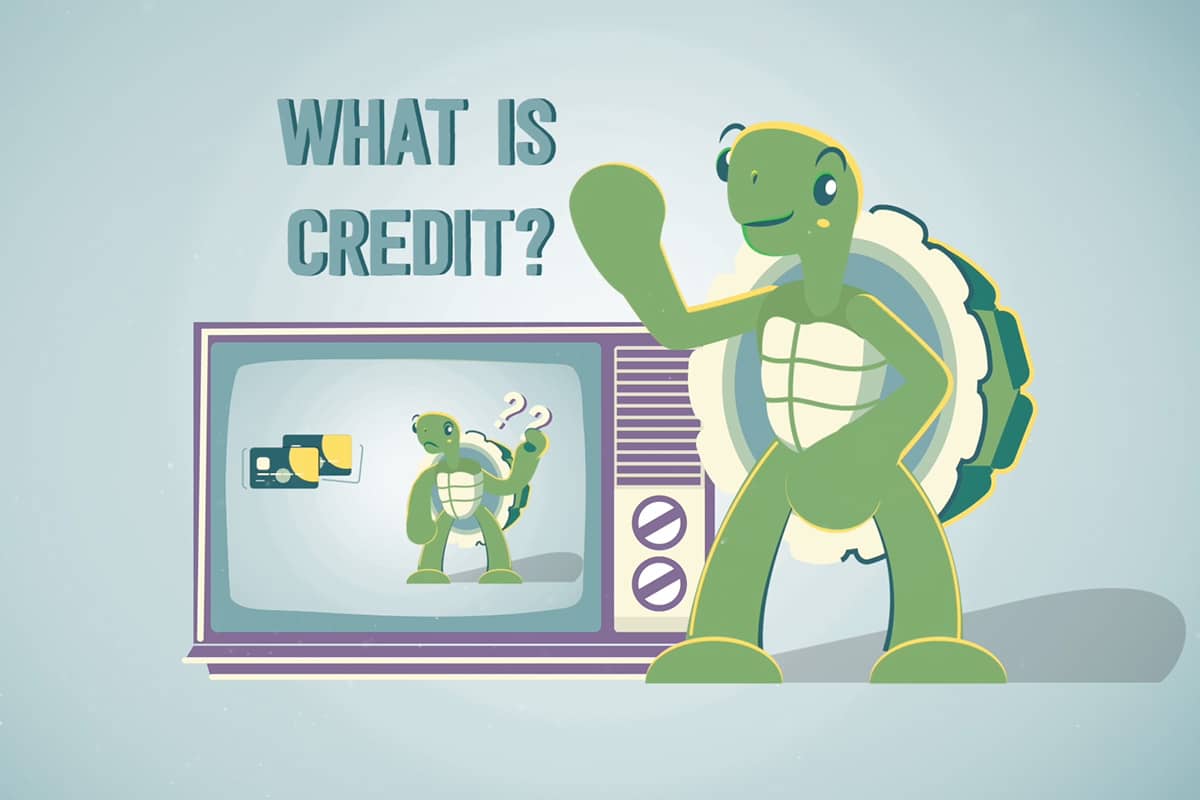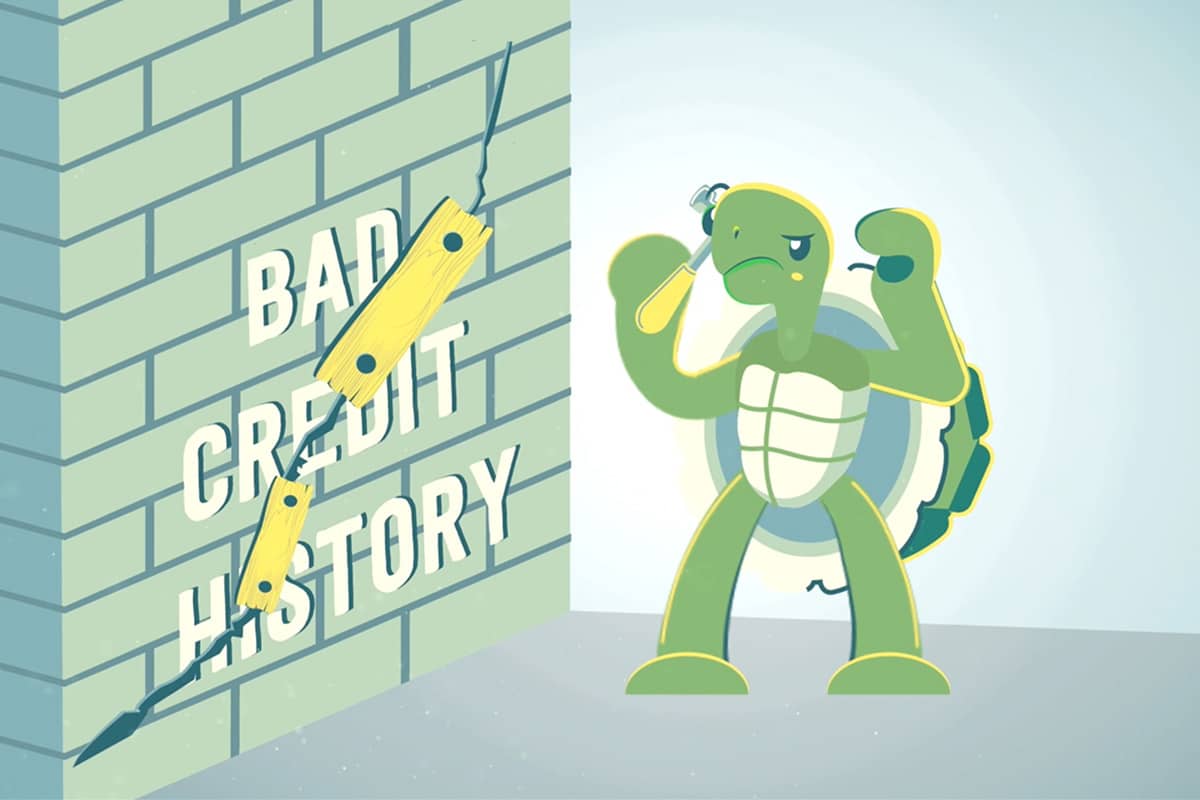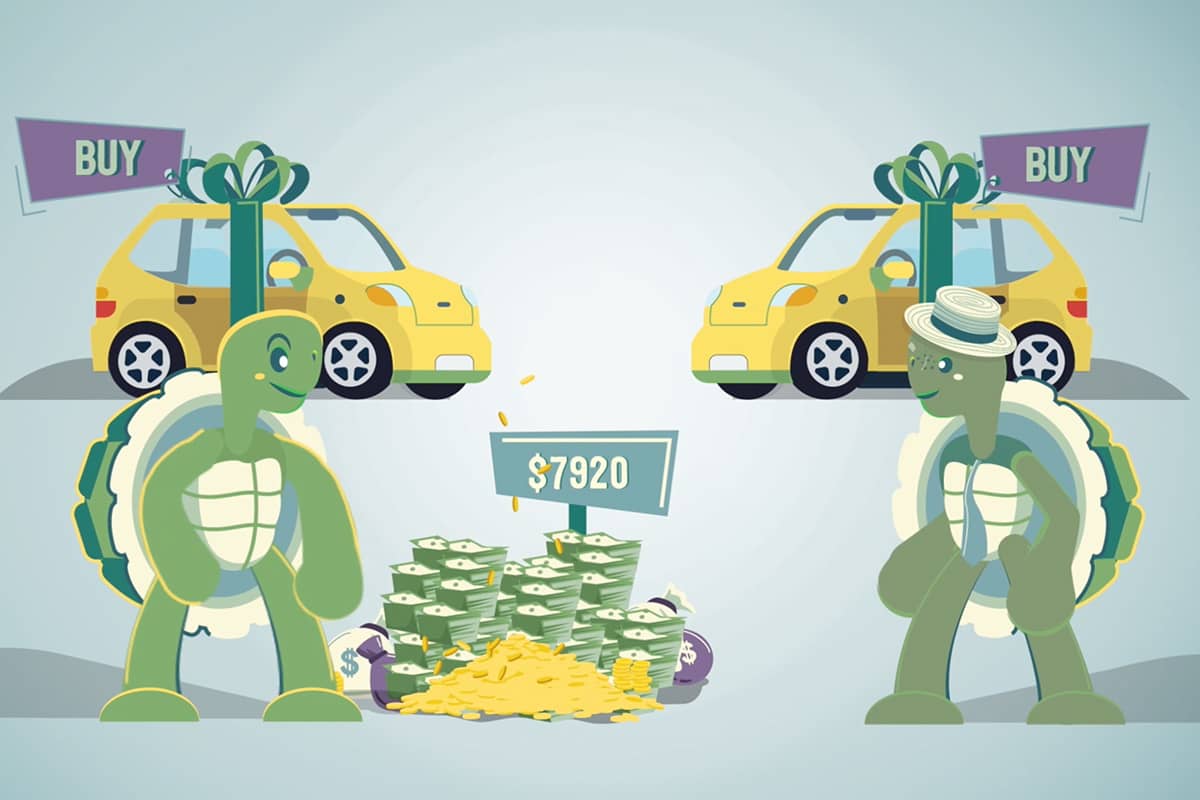How does Credit Work?

By Turtle Credit Team
Disclaimer / Advertiser Disclosure
- The information provided on this website does not, and is not intended to, act as legal, financial or credit advice; instead, it is for general informational purposes only. Information on this website may not be current. This website may contain links to other third-party websites. Such links are only for the convenience of the reader, user or browser; we do not recommend or endorse the contents of any third-party sites. Readers of this website should contact their attorney, accountant or credit counselor to obtain advice with respect to their particular situation. No reader, user, or browser of this site should act or not act on the basis of information on this site. Always seek personal legal, financial or credit advice for your relevant jurisdiction. Only your individual attorney or advisor can provide assurances that the information contained herein – and your interpretation of it – is applicable or appropriate to your particular situation. Use of, and access to, this website or any of the links or resources contained within the site do not create an attorney-client or fiduciary relationship between the reader, user, or browser and website owner, authors, contributors, contributing firms, or their respective employers.
- TurtleCredit.com receives compensation for the financial products and services advertised on this site if our users apply for and sign up for any of them.
Even though you and many other people may know the basics of credit works, most do not fully understand the concept. The essential workings of a credit score are not recognized in detail. This is why it is vital to add to your knowledge base to make an informed decision.
Here is everything you need to know about how your credit score works.
What Is A Credit Score?
A Credit Score is what everyone in the lending market will judge you on. A Credit Score tells Lenders that are providing you with installment credit or revolving credit, how good you are at paying back your obligations. This number ranging from 300 to 850, reflects how dependable you are with 850 being the best score possible.
The higher your credit score, the better the chances institutions will provide you with a loan or extend credit—the lower the score, the lower your chances of gaining approval.
How A Credit Score Is Built?
Information is critical when it comes to calculating your credit score. This is what the Credit Bureaus (Experian, Trans Union, Equifax) gather when determining your credit score. Installment credit and revolving credit both impact your score and will be collected by the Credit Bureaus.
They will use this data to calculate your score. The credit scoring system used in the U.S is known as the FICO score. It is calculated by assessing these five components:
#1. Payment History
This makes up 35% of your FICO score. This is why it is essential to pay your bills on time, or your score will drop due to a missed or late payment.
This is a record of your on-time payments when it comes to paying back debt. There are no extra points for making your payments on time. However, if you don’t pay on time, then your score will be deducted.
If this section has negative remarks, this will mean you are bad at making your debt commitments on time. This will tell the lender that they should be careful when it comes to providing you with credit.
#2. Credit Utilization Ratio
Credit utilization makes up 30% of your credit score and is a measure of your credit-to-debt ratio. The higher the ratio, the worse it is for your score. The lower the ratio, the better it is for your FICO score. Many people have the misconception that if they keep carrying their balance every month, then it will be good for their ratio.
However, that is not true because your ratio needs to be lower for you to score well. The more you carry forward, the higher your ratio will be, which will ruin your overall credit score.
Pro Tip “Keep your credit utilization under 10% to score the highest and try not to go over 30%.” If you are having trouble staying below 30%, try the app “Tally” to make your payments more manageable.
#3. Types Of Credit
This is a history of all the types of credit you have taken in the past and accounts for 10% of your score. You want to have a good mix of revolving credit and installment credit. The more extensive your credit history is, the more it will indicate that you understand how different types of credit work.
Since everyone’s behavior is different when it comes to paying various types of loans, the types of credit on the report are also used as an indicator. You may be better with revolving credit than installment credit. Your score will indicate that, giving the lender everything they need to know to make a decision.
Pro Tip Jumpstart your installment credit with the app “Self-Lender”; it’s a great way to save money and build credit. If you need revolving credit, apply for a credit card or secured credit card.
Read more What is Credit?
#4. Length Of Credit History
Length of Credit History is 15% of your credit score. It is a sum of your entire history; from the time you opened your first account. The longer your credit history, the better the credit bureau will assess your capabilities when it comes to paying back debt.
The best indicator of future behavior is past behavior. That said, the length of your credit history will have extensive data. That data will help them accurately predict how you are going to behave in the future.
#5. Number Of Inquiries
This is the last component that FICO assesses when it comes to your credit score. This is the number of hard inquires made onto your credit profile. This is the number of times you have applied for credit. Soft inquiries don’t appear on your credit profile, so you don’t need to worry about that.
Final Thoughts
This is how credit works and what it is based on. You must keep all these components in check to have an excellent FICO score over time. This will make it easier for you to get loans on anything you like or need for your financial life.
Spread the word
Articles: Personal Credit 101
So, what is credit? Well, it’s sort of like trust. It’s when a Company or Bank trusts you enough to lend you money to buy things such as clothes, a car and even a house.
We’ve been discussing credit and how it works but how do you start getting credit if you have no credit history? Better yet, how do you repair a bad credit history?
If credit is borrowing money on trust, how can you also save money when borrowing money?



